I was a Byker Grove child star, BBC make-up artists tore me to pieces

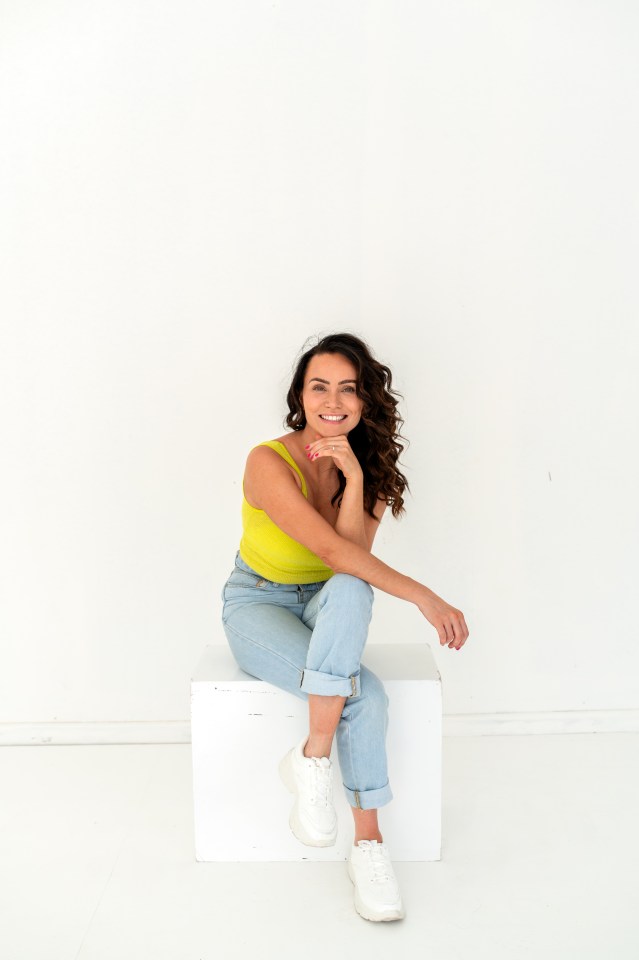
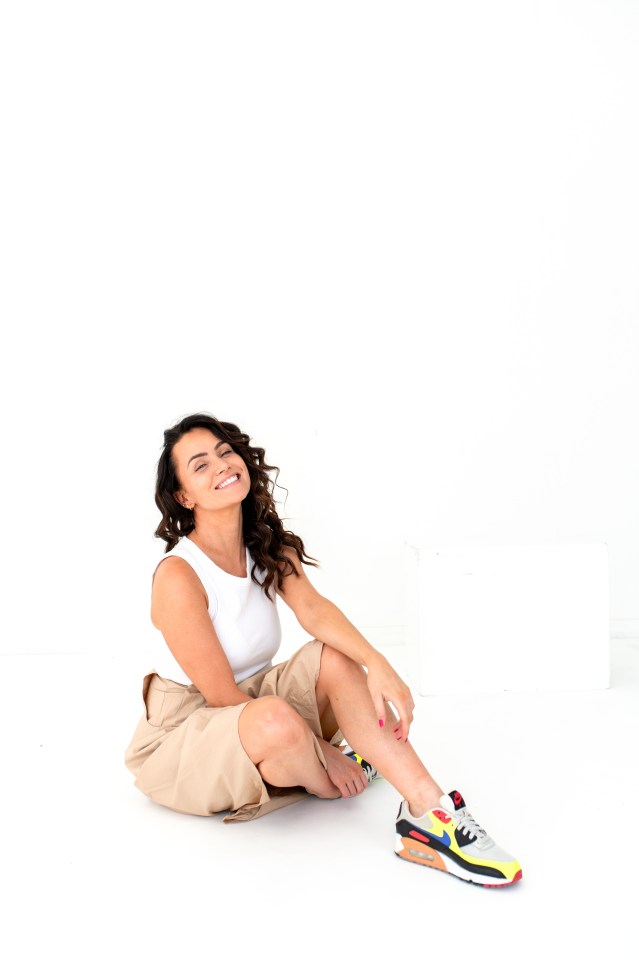
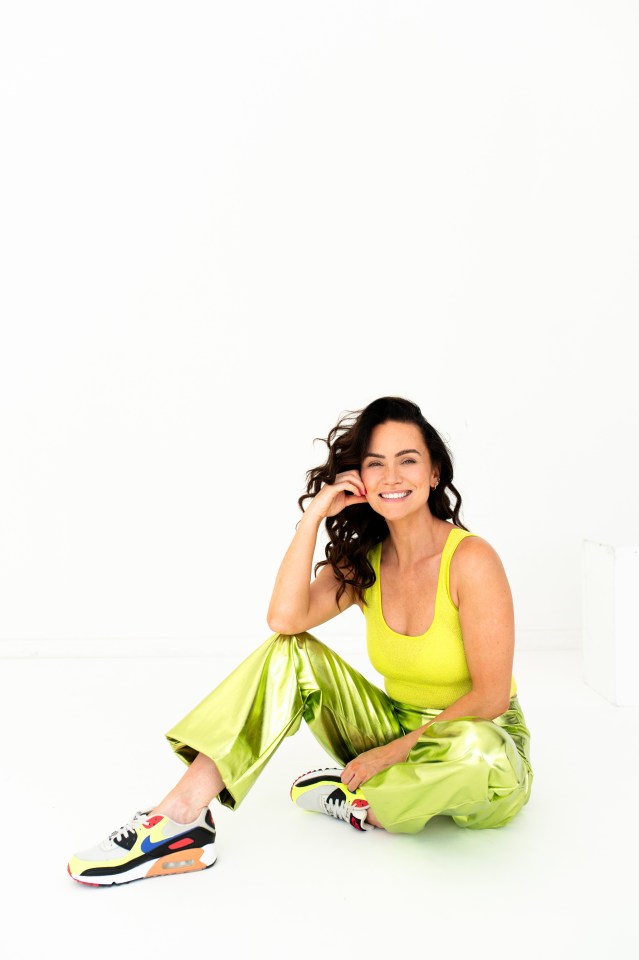
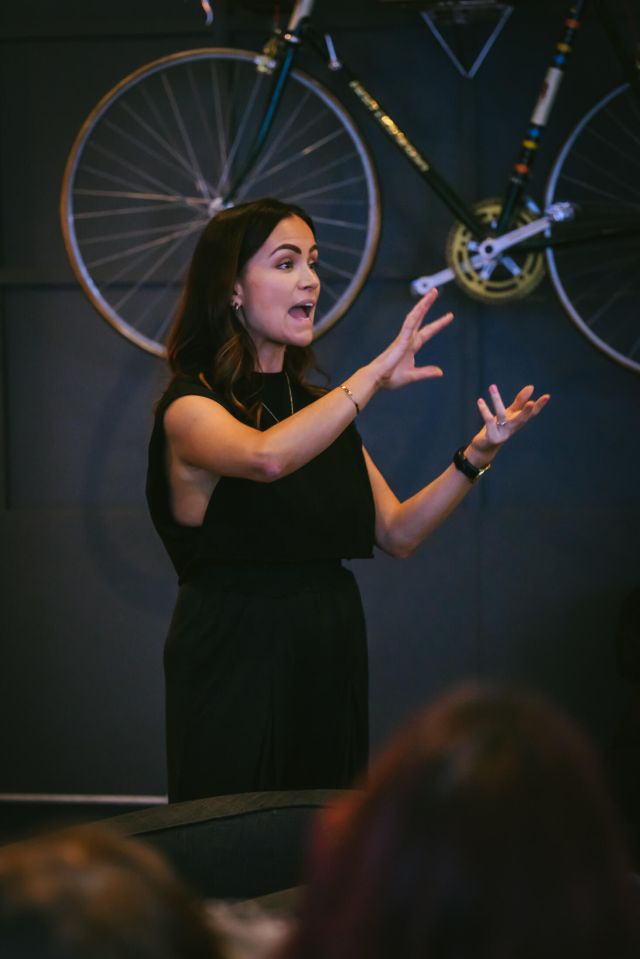
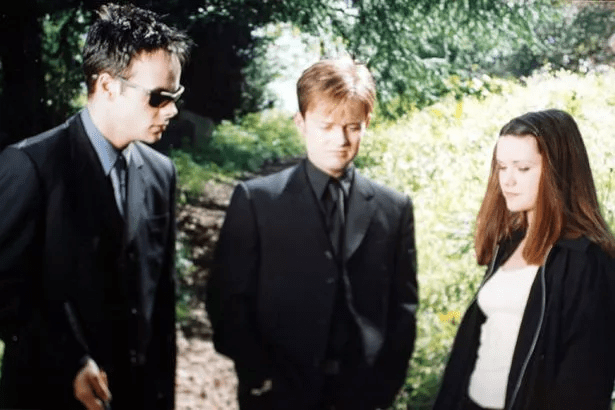
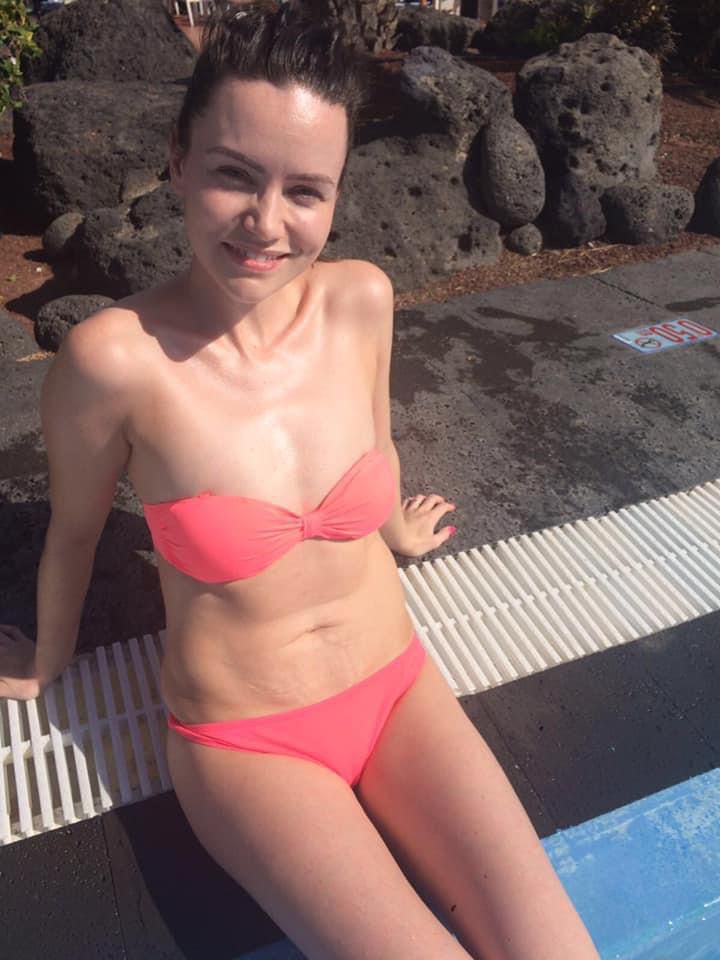

A former Byker Grove star has revealed she developed body dysmorphia after make-up artists on the show made her feel worthless.
Holly Matthews, 39, was just 11 years old when she was cast as Emma Miller in the hit BBC children’s series.
The actress, who now runs the award-winning The Happy Me Project, which helps women build their self-confidence, said she was immediately criticised by staff when she walked into the make-up room on set.
“As a pre-teen in the 90s I had no idea how to do my hair or make-up and had little knowledge of the fashion of the time (other than what I saw my school friends wearing),” Holly told MailOnline.
“I remember walking into the bright makeup room and feeling so small next to the older (more experienced) girls in the cast. They were only a few years older than me, but they seemed so refined and confident, while I held back because I didn’t know what to do.
“The makeup artist was showering them with compliments: ‘Your hair looks amazing!’ ‘Wow, you look so pretty,’ and then she turned to me and said, ‘Oh, your skin is really bad, we need to cover it up,’ and I could feel my face turning red.”
Holly said the moment had a “profound” impact on the rest of her life.
The Newcastle-born actress spent six months of the year filming the series, made famous by Ant and Dec, and said there was always someone ‘correcting’ her face during that time.
“The other six months I saw my face on TV and was very aware that people were looking at me,” she said.
Holly shared that because she constantly saw herself on TV, she started to see her body through other people’s eyes.
“I almost saw myself and my body as a product, a character that I had to paint, chop up and modify to fit the version that the world expected of me,” she said.
“I now understand that this is called self-objectification.”
Self-objectification involves seeing oneself first as a physical object and only secondarily as a human being.
This can lead to people becoming extremely critical of their own bodies.
From an early age, Holly began making a long list of all the cosmetic procedures she thought she would need, including breast augmentation.
Holly’s Top Tips for Body Confidence
Get to know yourself and your body.
We don’t stay the same forever and as we get older it’s easy to get caught up in all the adult responsibilities that surround us. Take some time to get to know this era of you and explore your current likes, dislikes, wants and desires. Explore how your body moves and every inch of this version of you. They may not be the same as they once were and that’s okay. We don’t have to stay the same forever. Celebrate your ‘quirks’ by acknowledging that some of your ‘worst’ qualities, can also be yours ‘best’By changing the disempowering labels you give yourself, you can see the good in all that you are.
Be kind to your body- Start treating your own body with a kindness and love that is easy to forget to do. This can include applying moisturizer, sunscreen, massage, warm baths, and even exercise (as long as it is done to be kind and not punishing).
Use friendlier language. We’re not aiming for perfection, we’re aiming for something softer. If you’re currently using the worst words to describe who you are, find something softer than this. You may not be able to achieve “I’m beautiful” yet, but maybe you can achieve “I’m okay.” Or even a natural attitude of “I have a body” or gratitude for something your body has done for you.
Change the story Where is the negative message currently in your head coming from? An old school friend, teacher, critical parent or partner, I guarantee there is a story behind why you are so hard on yourself and we start here. This story was never yours and you get to give it back to the person who gave it to you. Challenge the story and if it is not a supportive belief or story, play with the idea of ’what happens if I stop believing this?’ and think about how your life would change for the better and what you would gain from it.
Challenge yourself and make sure you are seen. Wear the dress you think you can’t wear, ditch the all black attire and add a splash of colour. Wear horizontal hoops, shorts, glitter and ignore old groups like ‘sheep dressed as lamb’. Let fashion be fun and playful and don’t let anyone tell you who you can be.
She added that everywhere she looked, she saw “confirmation” of her appearance issues.
“A blonde glamour model with big breasts, that was proof of how ugly I was.
“A comment about how I look like my father would mean that I look like a boy and am not feminine.
“I once heard a family member say that he thought my sister was ‘naturally more beautiful’ than me. To me, that translated to ‘you should always TRY to look beautiful.'”
Holly became obsessed with her appearance, constantly using self-tanner, straightening her hair and wearing lots of make-up.
She said she was “devoured” by body dysmorphia and couldn’t see what other people saw in her.
“Every time I looked in the mirror, all I saw was something that needed to be changed, fixed, corrected,” she said.
“It was incredibly tiring and I had to get up at the most awful hours of the day to check that I had completed my precise ritual of getting ready and could leave the house.”
Fortunately, Holly began to realize that her behavior was not healthy. She went to therapy and read books about self-development.
This started to have an effect and Holly became more confident in her body, sometimes even going out without make-up and self-tanner.
During her pregnancy with her eldest daughter Brooke, now 13, Holly was happy with her growing belly.
However, after her daughter was born, she struggled with the fact that her body was no longer the same.
“As I stared at my post-pregnancy belly in the mirror, with red, raw ‘scratches’ crawling across my abdomen, I sobbed,” she said. “This felt like failure.”
Holly was a size 38 after giving birth and almost immediately fit back into her pre-pregnancy jeans.
However, her body dysmorphia convinced her she needed a tummy tuck, so she booked a consultation with Harley Street.
After raising concerns during a consultation, she was denied surgery and told to give herself time to process her new body.
Holly described this as a wake-up call and thanked the “kind” and “compassionate” woman who had declined her surgery.
Since that day, Holly has been working hard on her mindset and has now written a book, Find Your Confidence: The No-Nonsense Guide to Self-Confidenceto share her advice with others.
Holly shared some of the key things that initially helped her shift her mindset: “STOP, DELETE and EDIT. Listen to what your inner critic is saying: ‘You’re so ugly, you can’t wear that.’ STOP, DELETE the critical phrase and REPLACE it with something BETTER, ‘I look good in myself.’ ‘I look good in the color yellow.’ and work from there.
“Accept compliments with a THANK YOU and don’t go into a bunch of reasons why I’m the opposite of what they just said.
“Stop reading beauty and gossip magazines (as Baz Lurman said, ‘they just make you feel ugly!’)
“But the most important thing is that I focused on what my body could do and I empathized with the journey that the body was taking.”
Fabulous will pay for your exclusive stories. Simply email fabulousdigital@the-sun.co.uk and put EXCLUSIVE in the subject line.











